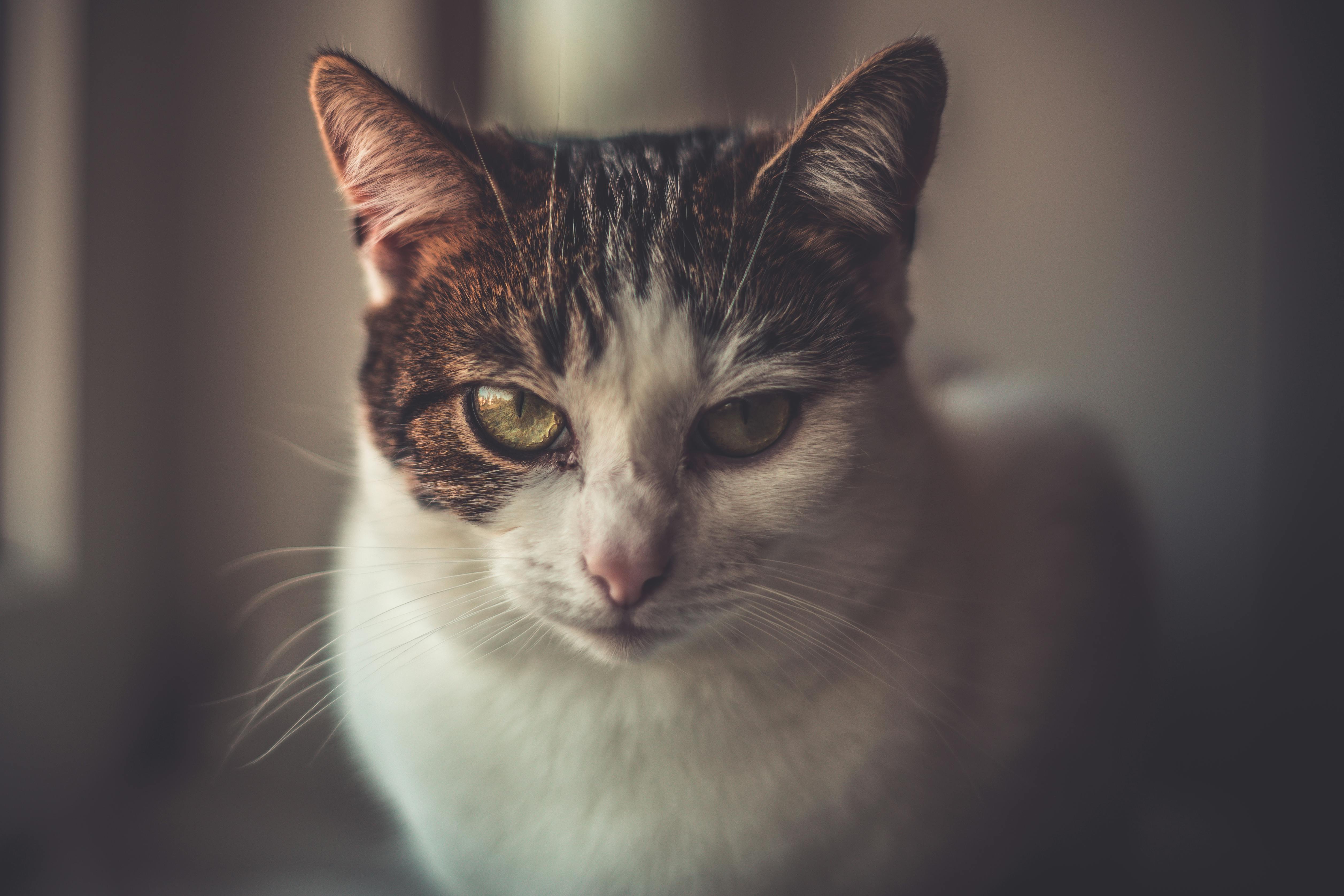Cats may be “low maintenance pets,” but they’re not necessarily easy to get along with. Much of what cats do may seem strange to us, but for cats, feline behavior is quite reasonable and understandable. That includes urination behavior. It may seem like it at times, but your cat doesn’t urinate on the carpet just to annoy you or retaliate for something. By getting to the root cause of your cat’s behavior problems, you can solve your cat’s urine problems for good.
Health problems
Health issues can contribute to litter box avoidance in several ways. A condition like diabetes can cause frequent urination and urinary urgency, which means the cat may simply not be able to get to the litter box in time. A urinary tract infection can cause painful urination, which the cat associates with the litter box. You may find a softer place to urinate, such as the carpet or bed, in hopes of avoiding pain. Cats with limited mobility or balance issues may not be able to get into the litter box. Just being sick or having had recent medical treatment can also stress a cat enough to discourage him from his litter box. Which brings us to another source of trouble…
The effects of stress
Kittens may appear, or actually be, quite lazy, but in many ways they are quite high-strung. Cats are creatures of habit and any change can stress a cat, which can cause it to wet the house in an attempt to spread the scent of it, establishing its ownership of the territory to make it feel more secure. While some cats do this by spraying, others may urinate normally.
The cause of a cat’s stress may be something you haven’t even thought about, like the neighbors getting a new cat or dog, that your cat can hear or smell; noisy road works near your house, or even a new sofa in your house. If your cat is also scratching on vertical surfaces like walls and the side of the couch, you can be pretty sure she’s stressed.
Another family member may also be causing the stress. A toddler who realizes that the kitten is easy to catch when he’s in his litter box may be causing the cat to seek out safer “bathroom” alternatives. Same thing with another cat that is harassing the cat to get it away from the box, as sometimes happens. Poor training techniques, such as rubbing a cat’s nose on the soiled area, can also confuse and stress a cat. Keep in mind that dog training techniques do not work on cats.
troublesome litter box
Quite often, a cat avoids his litter box because there is something in it that he just doesn’t like. Most cats do not like small boxes or covers, and will not use a box in a crowded area. Some cats hate rough litter, while others prefer it. Some don’t like litter box liners, others don’t care at all. Other cats will not use the box unless it is on a scratchable surface like carpet. On top of that, long-haired, tailless, and declawed cats often have special litter box needs. There are a litany of things that can be unpleasant about a litter box and while they are all easy to correct, you need to know what they are in order to correct them.
ineffective cleaning
Because cats are drawn to urinate in any area where they smell cat urine, it’s possible that yours will offend again in one spot. This is something to consider when moving to a new place where the previous residents had cats. You may not see any stains or smell cat urine, but your kitty may have detected a lingering odor in a corner somewhere and decided it was an appropriate area for the litter box. To finally stop your cat from urinating in the house, you’ll need to address the cause of the behavior and clean up with an effective pet urine odor remover. Both store-bought and homemade cleaners can work, as long as the formula is correct.
